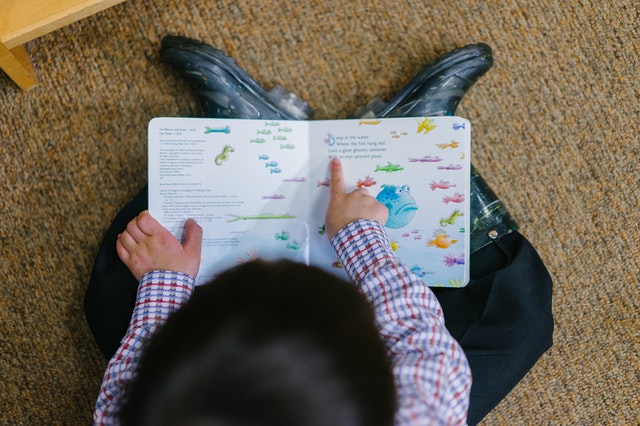1.He didn't book the tickets for the concert, otherwise we____ a brilliant performance.

A.will appreciate

B.appreciate

C.had appreciated
D.would have appreciated
【翻译】他没有预订那场音乐会的入场券,不然的话我们本可以欣赏一场精彩的演出。
[考点]虚拟语气
【精析】D 在含蓄条件句中,如果表示对现在或将来情况的假设,谓语动词用“should/would/might/could+动词原形”的形式;如果表示对过去情况的假设,谓语动词用“should/would/might/could have+过去分词”的形式。分析句子结构可知,本句中包含otherwise引出的含蓄虚拟条件。根据前半句中的didn't book可知,这里表示的是对过去发生事情的假设,所以后半句的谓语动词应用“would/could/should/might have+过去分词”的形式。故选D。含蓄条件句有以下三种常见的表示方式:①but for, without, with, under等介词或介词短语引出虚拟条件;②分词短语充当条件;③连词but, but that, or, otherwise等表示不具备条件。
2. The____ task in the disaster area is to prevent the outbreak of infectious diseases and provide water and food.
A.casual
B.attractive
C.primary
D.simple
【翻译】灾区的首要任务是预防传染病的爆发,以及提供水和食物。
[考点]词义辨析
【精析】C casual:漫不经心的,随便的;attractive:有吸引力的;primary:首要的,主要的,基本的;simple:简单的。根据句意可知,选C。
3.____the thing, John would have told you about it.
A.If he has known
B.Had he known
C.If he knew
D.Should he know
【翻译】如果约翰知道这件事的话,他就告诉你了。
[考点]虚拟语气
【精析】B if引导的非真实条件句主要是对现在、过去和将来情况的虚拟,其用法如下:①表示对现在情况的假设时,从句的谓语动词用过去式(be动词用were),主句的谓语动词用“should/would/could/might+动词原形”的形式;②表示对将来情况的假设时,从句的谓语动词用过去式(be动词用were)或者“should/were to+动词原形”的形式,主句的谓语动词用“should/would/could/might+动词原形”的形式;③表示对过去情况的假设时,从句应用过去完成时,即从句的谓语动词用“had+过去分词”的形式,主句的谓语动词用“should/would/could/might have+过去分词”的形式。根据句意和主句中的would have told可知,本句是对过去情况的虚拟,所以if引导的非真实条件句应用过去完成时,即从句谓语动词应用“had+过去分词”的形式。当非真实条件句中含有were, had或should时,可以省略if,并把这些词提至句首,以强调假设条件的虚拟性或突出说话人的主观愿望。故选B。
4.Some people are indifferent____ policies and what is going on in other places.
A.off
B.with
C.on
D.to
【翻译】有些人对政策和其他地方发生的事情漠不关心。
[考点]词语搭配
【精析】D be indifferent to为固定搭配,意为“对……漠不关心的”。故选D。
5.They are moving to the countryside because the air there is much fresher than ____in the city.
A.one
B.ones
C.that
D.those
【翻译】因为乡下的空气比城市里的新鲜的多,他们将搬往乡下。
[考点]词义辨析
【精析】C one用于指代前面出现过的可数名词单数,其复数形式是ones;that和those为指示代词,有时为了避免重复,用that或those来代替前面提到过的事物,that指代单数可数名词或不可数名词,those指代复数可数名词。根据句意可知,此处应用that指代前面的the air。故选C。
